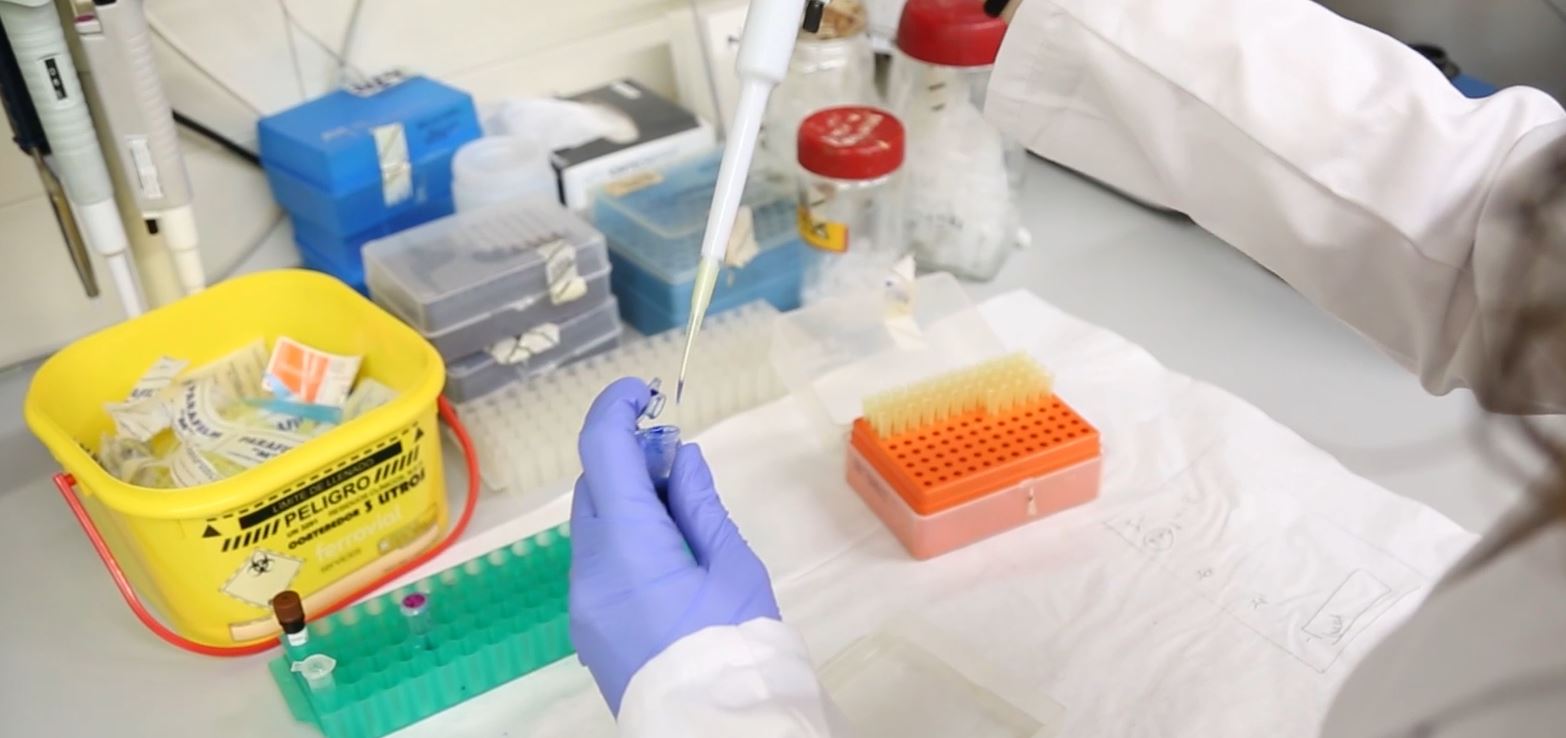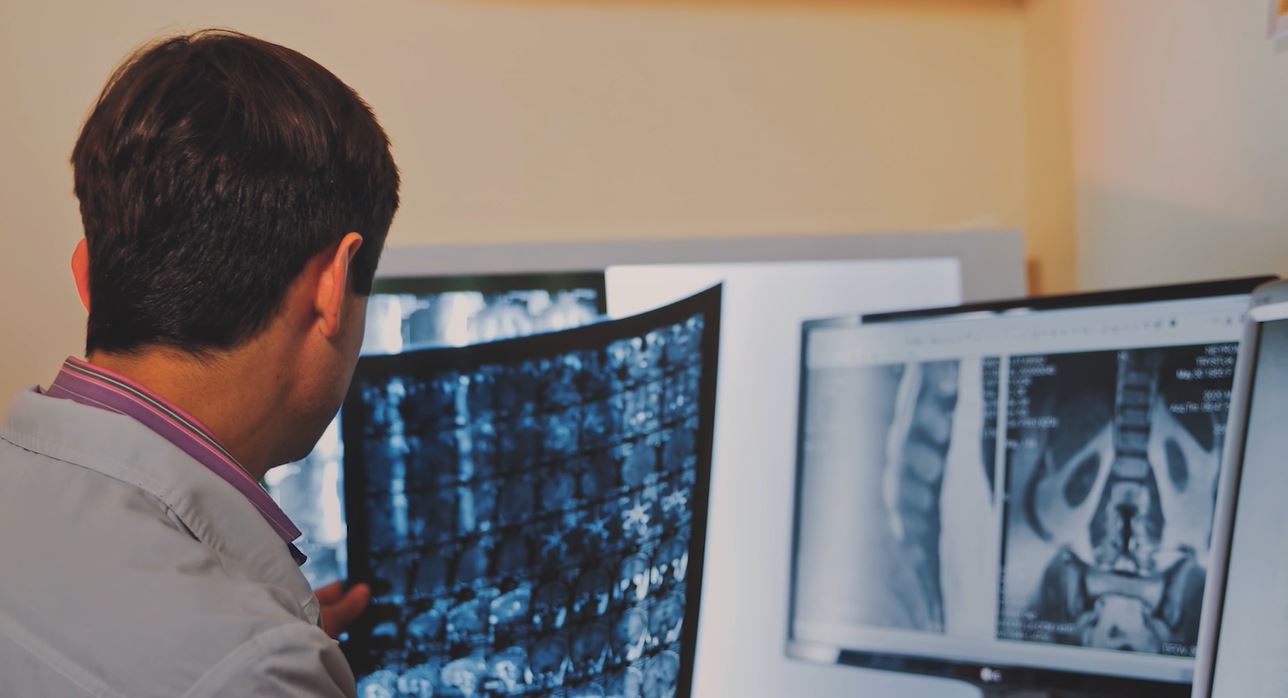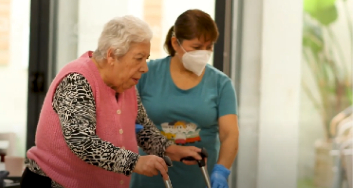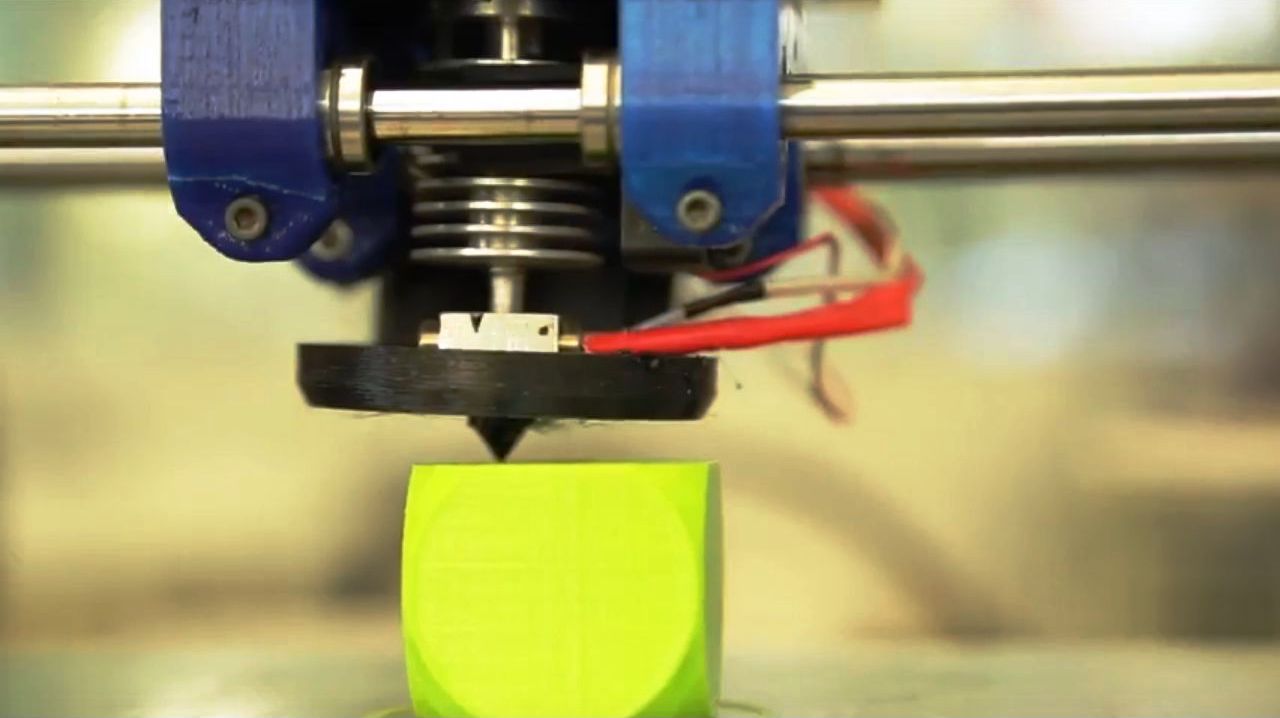
Chemical synthesis specialist
Other denominations
Description
These professionals work in the chemical and pharmaceutical industry developing synthesis processes, using organic and inorganic chemical products to produce active principles endowed with certain physical and chemical properties. They are capable of chemically manipulating a molecule in the laboratory through synthesis methodologies with the aim of modifying its properties and improving its behaviour.
Therefore, they work in the laboratory on the design, synthesis and evaluation of bioactive molecules and processes of interest to the pharmaceutical industry, performing functions related to the development, optimisation and scale-up of processes for the synthesis of new products, the improvement of synthetic routes and existing products, the drafting of reports and methodologies related to the technology developed for its transfer to the pilot plant and production unit level.
Drugs and medicines obtained through synthetic chemistry techniques currently constitute a major part of the therapeutic compendium, as new processes and synthesis methodologies have emerged in recent years that allow access to a deeper knowledge of molecular reactivity and the availability of new reagents.
Initially, these professionals studied simple chemical modifications of naturally occurring molecules, but nowadays the interactions of drugs with their target molecules are studied. This increased sophistication is attributed to the development of organic chemistry, as well as the development of molecular biology and genetic engineering, which allow a detailed study of the pharmacological action of target molecules and the characteristics of the active ingredients.
In recent years, novel products and applications have emerged thanks to the development of new synthetic processes and methodologies, a deeper understanding of molecular reactivity and the availability of new commercial reagents and protecting groups. In addition, the development of asymmetric synthesis, organometallic compounds, photochemistry and especially combinatorial synthesis has made organic synthesis a seemingly indispensable machine for supplying structures to industry.
Tasks
- Design, synthesise and evaluate bioactive molecules in a good laboratory practice environment.
- Responsible for the scale-up and production of new products through the application of the most appropriate synthesis processes.
- Control the operational aspects of all process-related equipment.
- Analyse raw materials arriving at the laboratory.
- Perform studies on pre-synthesis steps and post-process purification.
- Draft the synthesis methods in the corresponding protocols, generating and maintaining internal standard operating procedures and their specifications. Document all production incidents and develop regulatory compliance studies.
- Perform quality controls of the product batch before it is sent to the next stage.
- Maintain adequate knowledge of market availability of raw materials, reagents, solvents, resins and other products and conduct supplier research in collaboration with the purchasing department.
- Interact with the R&D team, thereby obtaining information on the acquisition of compounds, assisting in the chemical evaluation of new projects and giving their opinion on their potential success.
- In collaboration with the research team, design new chemical products and new synthetic methodologies for product preparation, applying computer tools, structure-activity relationships and literature research.
- Carry out studies on the modification of existing synthetic processes to minimise waste or by-products.
- Perform studies relating to the modification of existing synthetic processes in order to minimise waste or by-products.
- Responsible for the development of the synthesis of new products on a laboratory scale and the impurities obtained in the process.
- Coordinate the analysis and quantification of the products obtained by the spectroscopic and chromatographic studies, based on the isolation and identification of the structure of impurities and polymorphism studies.
- Optimise macroscopic parameters of the synthetic process and handle the production of small batches of high value-added products on a preparatory scale.
- Supervise the work of laboratory technicians and production operators and the use of equipment to the synthesis and analysis process.
- Draft reports and methodologies related to the technology developed for transfer to the pilot plant.
- Participate in the scale-up phase to pilot plant equipment to produce batches of products using GMP standards, and in the transfer of the processes developed in industrial production.
- Publish the results obtained in international journals and make presentations at conferences. This step is normally done after securing patent protection for the new product or methodology.










 | Catalan | Beginner
| Catalan | Beginner | Catalan | Advanced
| Catalan | Advanced
 Open
Open | English | Beginner
| English | Beginner







